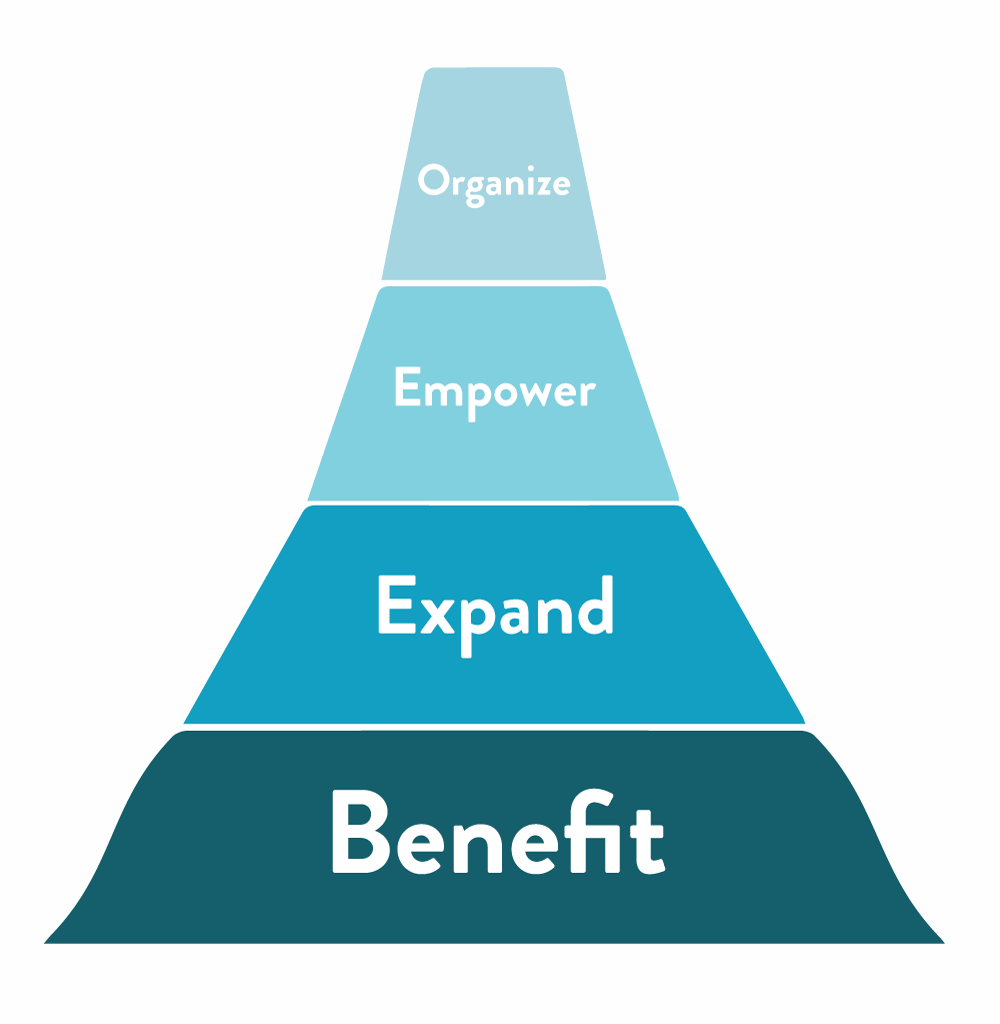Advancement and alumni relations had a formula for engaging alumni that worked for decades. But young alumni these days are breaking that mold.
Their giving rates are lower. They attend fewer events. They give for different reasons, care about different causes, face different economic challenges, and have different perceptions of higher education and its worth than their older counterparts.
Yet for all our self awareness and new strategies, we're still only scratching the surface when it comes to solving the problems underlying the young alumni engagement deficit. The problem lies in how we define "engagement" in the first place.





